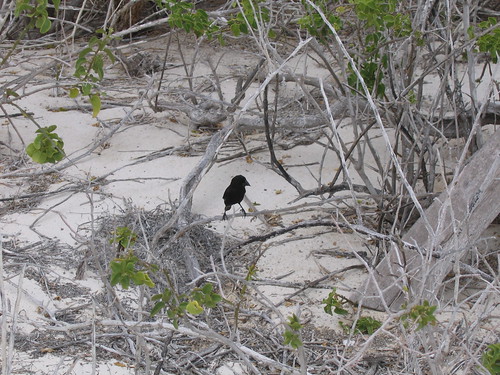I’ve just finished Monkey Girl by Edward Humes, an account of the Kitzmiller v. Dover Area School District court case about the constitutionality of teaching Intelligent Design in biology lessons. I was slightly underwhelmed by the book—you can read my review here—but the subject is interesting. How do you manage science education in a country where so many believe that the mainstream scientific orthodoxy is not just false but offensive and morally suspect?

If you have to resort to the court system and the separation of church and state to keep evolution in the classroom, and creationism out, you’ve already lost. It seems clear that teaching religious beliefs in state-run schools is unconstitutional, and that principle is worth defending; but evolution should be taught in biology lessons not because it’s the secular option, but because it’s what working biologists believe to be true. Teaching anything else isn’t just a victory for religion over secularism, it represents a complete collapse of respect for education and scholarship.
And although keeping religion out of the classroom is vital, it sounds like the equally important battle to keep evolution being taught is nearly lost. Even in places where evolution is specified on the curriculum, it sounds like many or most biology teachers teach as little evolution as possible and glide over the most potentially controversial areas of speciation and human origins; not necessarily because they themselves doubt evolution but because they know it will create too much awkwardness with the parents.
Since I am occasionally fairly forceful about my atheism, I imagine this post might come across as part of that, but really it’s not. It’s as an enthusiast for natural history that I find this most troubling. Children should be exposed to the ideas of natural selection and evolution because they are beautiful, surprising and have enormous explanatory power even about the most directly observable life around you. Of all the great theories of science, natural selection is the most approachable by an interested amateur. It can be explained without reference to mathematics. The subject matter—birds, fish, people—can be seen without the aid of a radio telescope or a particle accelerator. Of course the study of modern biology gets you on to statistics, biochemistry, genetics, radiometric dating and other more technical disciplines, but an enormous amount of the study of evolution was done, and is still being done, by direct observation of easily approachable things: digging up fossils, dissecting animals, breeding pea-plants, watching finches.
